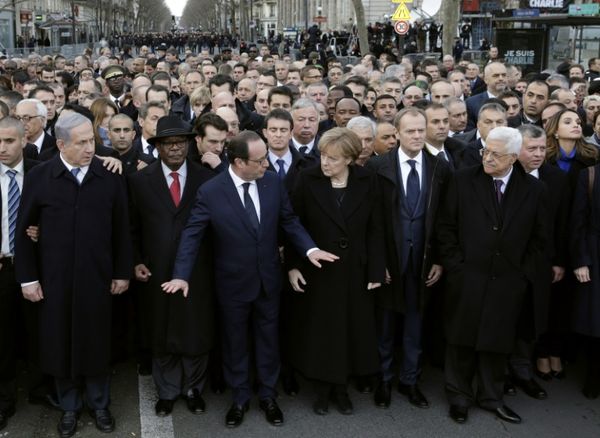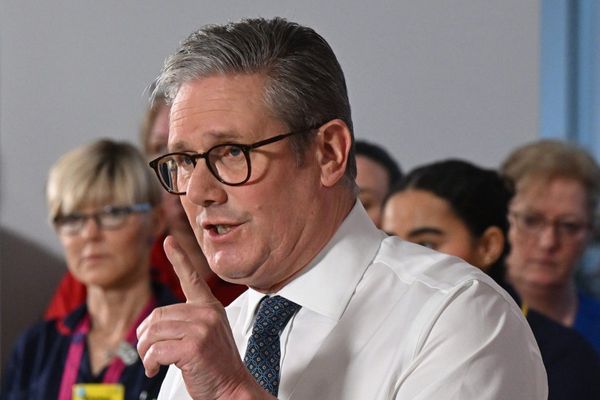
Thanksgiving kicked off car companies' holiday sales events, but shoppers could face a reckoning once existing inventory is sold off dealers' lots.
🚨Don’t Miss this amazing Black Friday Move! Get 60% off TheStreet Pro. Act now before it’s gone.😲
Analysts at Morgan Stanley recently issued a warning about President-Elect Trump's proposed tariffs, while Goldman analysts downgraded Tesla rival Nio. Additionally, UBS analysts and Wedbush Tesla bull Dan Ives had contrasting opinions about Tesla's future.
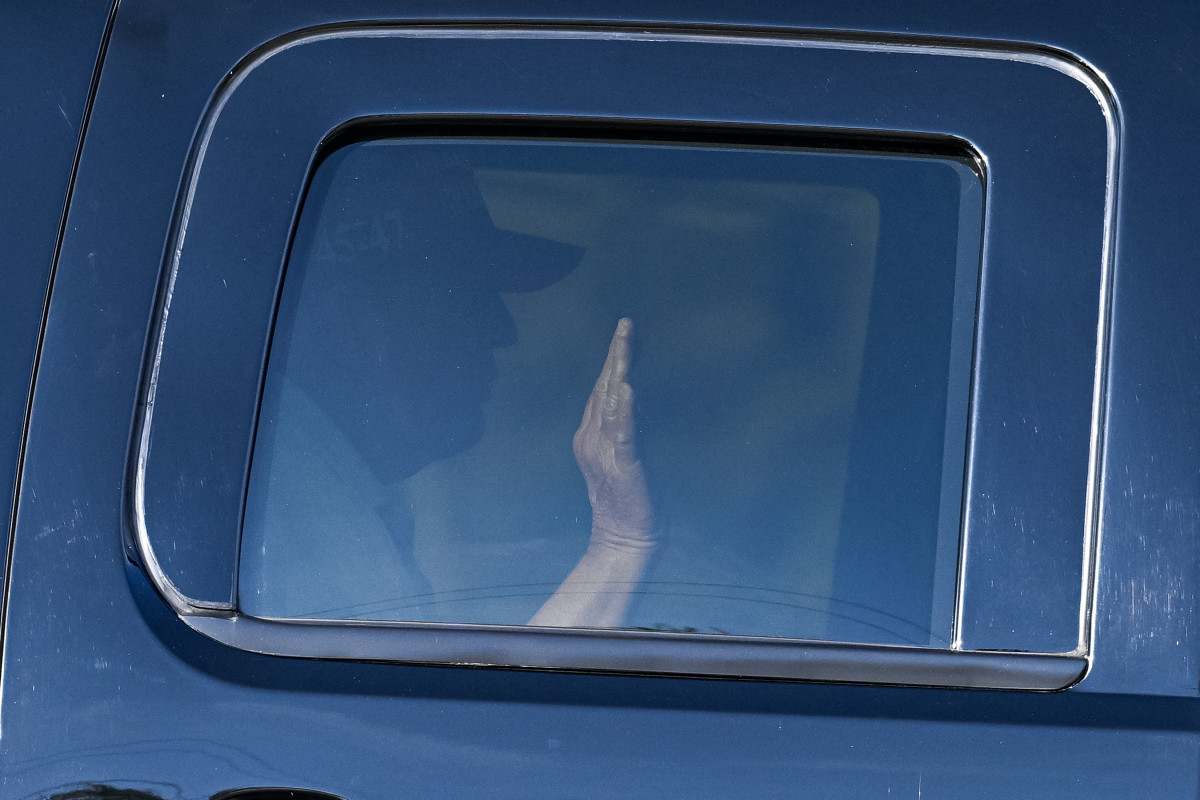
Morgan Stanley warns about policy changes
Unless you spent Thanksgiving at my house, gritty mashed potatoes, dry turkey, or flavorless Mac and Cheese were not the only tough things you may have had to swallow this past holiday. In fact, analysts at Morgan Stanley did not refrain from one Thanksgiving tradition: bringing up politics at the dinner table.
In a post on his social media platform Truth Social on the evening of November 25, President-Elect Donald J. Trump announced that on January 20th — effectively, his first day of presidency, he would "sign all necessary documents to charge Mexico and Canada a 25% Tariff on ALL products coming into the United States," citing "its ridiculous Open Borders" as justification.
"As everyone is aware, thousands of people are pouring through Mexico and Canada, bringing Crime and Drugs at levels never seen before," Trump said. "[...] This Tariff will remain in effect until such time as Drugs, in particular Fentanyl, and all Illegal Aliens stop this Invasion of our Country! Both Mexico and Canada have the absolute right and power to easily solve this long simmering problem. We hereby demand that they use this power, and until such time that they do, it is time for them to pay a very big price!"
Related: Your favorite American cars are about to get a lot more expensive
In a separate post, he targeted a third party: China, levying "an additional 10% Tariff, above any additional Tariffs, on all of their many products coming into the United States of America. " He also cited the drug problem as justification, noting that the "many talks" with "representatives of China" had been as effective as moot.
"I have had many talks with China about the massive amounts of drugs, in particular Fentanyl, being sent into the United States – But to no avail," he said. "Representatives of China told me that they would institute their maximum penalty, that of death, for any drug dealers caught doing this but, unfortunately, they never followed through, and drugs are pouring into our Country, mostly through Mexico, at levels never seen before."
During one of his broadcasts on the streaming platform Twitch, political commentator Hasan Piker noted that the moves would adversely affect the prices of everyday consumer goods.
"If implemented, these tariffs are going to laser prices in the opposite direction," Piker warned his viewers on Twitch. "I can't understand it; it feels like [Trump] is trying to purposely destroy the economy."
Although Trump would meet both Mexico's President Claudia Sheinbaum Pardo and Canadian Prime Minister Justin Trudeau in different capacities within the same week on topics related to the posts on Truth Social, the so-called meetings over the phone and at Mar-A-Lago did not trigger a concrete "end" or reversal of the proposed tariffs.
Honored to have dinner with @realDonaldTrump and to celebrate two big wins in PA! Ready to join him in Washington to shake things up and fight for every single Pennsylvanian! pic.twitter.com/uKap3kkUkx
— Dave McCormick (@DaveMcCormickPA) November 30, 2024
Morgan Stanley analysts warned on November 29 that the proposed tariffs would affect more than 2.7 million vehicles that enter the U.S. market from Mexico and 1 million cars that come from the north in Canada.
They highlighted that Detroit staples, General Motors and Ford, will absorb much of the impact, as 26% and 3% of GM's U.S. sales are imported from Mexico and Canada, respectively, while the Blue Oval imports 17% of its U.S. sales from Mexico.
And it is not like they are importing some niche models, either. If you were stuck in traffic this morning, you may have been sitting next to a "Mexican" or "Canadian" car on your commute.
Many units of the Chevrolet Silverado are made in Mexico or Canada. The 5-liter V8 that powers the Ford Mustang GT is made in Canada, while its electric crossover counterpart; the Mustang Mach-E is made in Mexico.
It's not just "domestic" brands, either. BMW's 2-series, M2, and 3-series are made in Mexico, while Toyota imports its Lexus RX and NX crossover SUVs from a plant in the Great White North.
One brand it has confidence in is Hyundai, which was noted on November 28 as better equipped than most other automakers to fight U.S. trade tariffs.
Morgan Stanley analysts believed that the affected automakers would have trouble absorbing these new tariffs if they were implemented.
Raising already-high new car prices is a challenge, as buyers are already stomaching record-high auto payments. They believe that these manufacturers would take the hit themselves; subsidizing them by lowering their margins or making fewer cars in the worst case scenario.
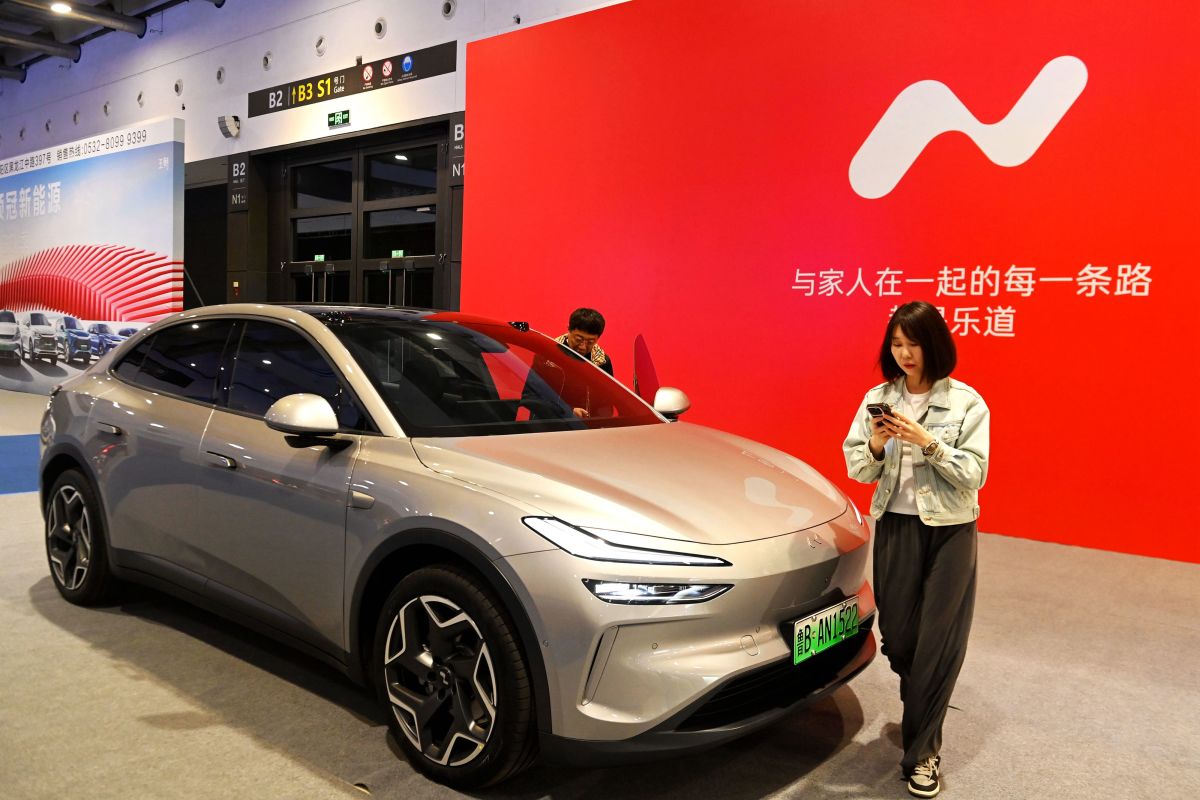
"Get out," GS said about Nio
On Wednesday, November 20, Nio NIO released its earnings for Q3 2024, reporting wider-than-expected losses for the quarter despite improving vehicle and gross margins.
In light of this, NIO founder and CEO William Li remained optimistic despite missing out on an important opportunity for most Chinese consumers to buy new EVs with subsidies.
"We also understand that on the subsidy side, by the end of this year, some local subsidies and also the national trading subsidy will end. In that case, some users who placed orders later may not have their cars picked up by the end of this year, and that will affect their subsidy," Li said. "In that case, we have also looked at the users who eventually turned us off or turned a ton, and 50% to 60% of those users eventually rejected us was because of the late delivery and the failure of not getting the subsidy by the end of this year."
In an analyst note published on November 25, Goldman Sachs analyst Tina Hou downgraded her rating on Nio stock from Neutral to Sell and lowered her price target from $4.80 to $3.90, saying that the turnaround for the Chinese Tesla rival may be far-fetched.
"We expect limited new model pipeline for the Nio brand and slow production ramp-up for Onvo to position the company unfavorably into 2025E, with potentially intensified competition starting in the first quarter of next year," Hou wrote.
More Automotive:
- Mazda’s budget-friendly EZ-6 EV starts under $20K — but will it leave China?
- These parents shun Uber for Waymo for a built-in safety feature
- Distressed luxury sportscar maker files Chapter 11 bankruptcy
Additionally, Hou notes that much of the burden would be on Nio's new mass-market brand Onvo, which seeks to launch 300-500 stores by the first half of 2025, which wouldn't be an easy endeavor, given the higher sales and marketing and research and development costs that would dampen Nio's ability to be profitable within the next three years.
It should be noted that in addition to its woes with Onvo, Nio's core brand, Nio is failing to meet expectations, and will continue to burden its fortunes. The brand is only expecting to launch one new model and is already facing production challenges; as the weekly delivery rate of 4,800 units it posted in November falls well short of the 5,900-unit weekly pace that Hou says is needed to meet its targets for the rest of the year.
“We expect lukewarm order momentum, slow production ramp-up and delivery volume, and intensifying price competition to be downside stock price catalysts,” Hou said in her note.
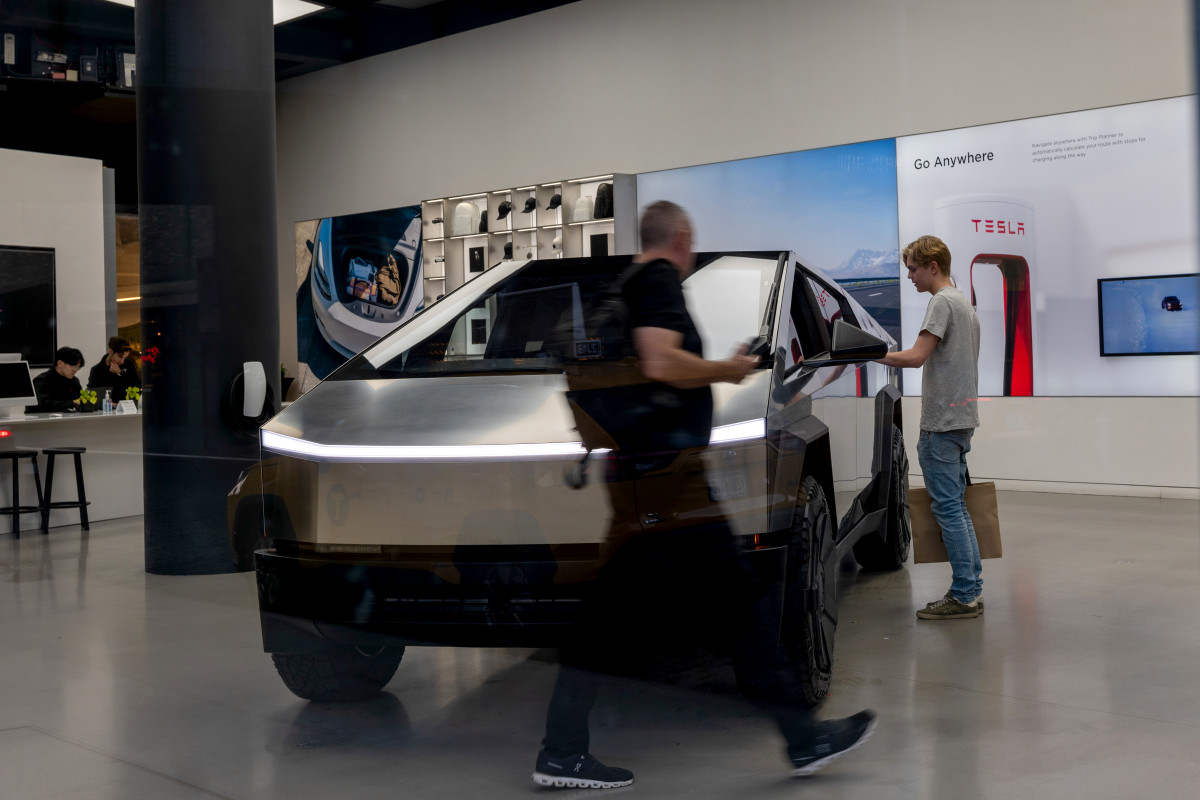
Conflicting opinions on Tesla
If there is anyone who has "won" the most in the 2024 U.S. Presidential Election, which saw a sweeping victory for former President Donald J. Trump, it would be Tesla (TSLA) CEO Elon Musk.
Apart from joining former Republican Presidential nominee Vivek Ramaswamy as a co-leader of the newly created Department of Government Efficiency (DOGE), his influence as Trump's "buddy-in-chief" has affected some policy decisions made by Trump's transition team.
However, some policies hit a little close to home for Tesla, which some analysts see as a green flag.
Related: Political fever over EVs has Tesla expert buzzing with confidence
In a note published on November 29, Wedbush analyst and enthusiastic Tesla bull Dan Ives wrote that AI initiatives such as autonomous vehicles are the next piece of future Trump administration policy that awaits them, noting that such an opportunity "is worth $1 trillion alone for Tesla," and that "these key initiatives will now get fast tracked" with Trump soon to take the White House and Musk having intense influence.
"[...]we fully expect under a Trump White House these key initiatives will now get fast tracked as the federal regulatory spiderweb that Musk & Co. have encountered over the past few years around FSD/autonomous clears significantly under a new Trump era," Ives said.
"The $1 trillion of AI valuation will start to get unlocked in the Tesla story and we believe the march to a $1.5 trillion and $2 trillion valuation for TSLA over the next 12 to 18 months has now begun in our view with FSD and autonomous penetration of Tesla's installed base and the launch of Cybercab representing the golden goose."
Related: A key Tesla supplier CEO dropped a huge bombshell about Elon Musk
However, that prediction is bold, given that Musk tends to overexaggerate and overestimate his and Tesla's ability to bring products from concept to prototype to reality.
A recent note from UBS's Joseph Spak reiterated this sentiment. In addition to warning that removing tax credits associated with the Inflation Reduction Act would force Tesla to cut prices for its EVs, Tesla doesn't exactly have a robotaxi ready to take advantage of rules tailor-made for robotaxis.
"From a narrative perspective, especially if one were valuation agnostic, we get it," Spak wrote on November 25. "Thus, the rise in Tesla stock is mostly driven by animal spirits/momentum (which has happened multiple times in TSLA’s history)."
Related: Veteran fund manager sees world of pain coming for stocks

